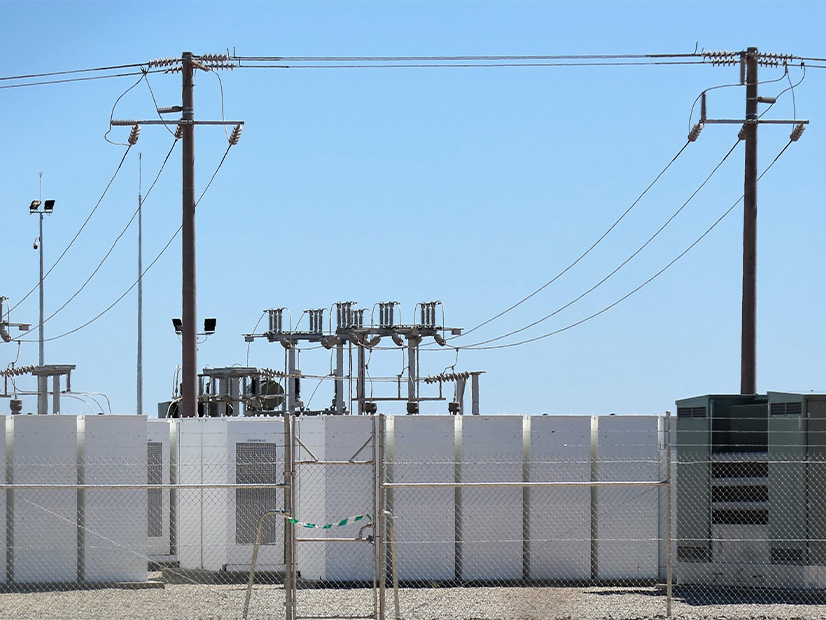
The New York Public Service Commission on Thursday again extended utilities’ deadline to procure dispatch rights for bulk energy storage systems — this time to the end of 2028 (Case 18-E-0130).
The PSC’s original energy storage order in December 2018 had specified a Dec. 31, 2022, deadline for the six utilities to secure contracts of up to seven years’ duration for qualified energy storage: 300 MW for Consolidated Edison and 10 MW each for Central Hudson Gas & Electric, New York State Electric & Gas, National Grid, Orange and Rockland, and Rochester Gas and Electric.
Only National Grid reached its target in its first-round solicitation.
In April 2021, the PSC granted the utilities’ request to extend the deadline to Dec. 31, 2025, and expand the maximum contract duration to 10 years.
But after the second round of solicitations, the executed contracts totaled just 120 MW — 100 MW in Con Ed territory and 20 MW in National Grid territory — though Central Hudson is reportedly in final negotiations for 50 MW.
Last November, the utilities petitioned to extend the deadline to Dec. 31, 2028, and to expand the maximum contract duration to 15 years.
The utilities said that recent changes — including a new 30% federal tax credit for energy storage expenditures and their decision to cut the cost of charging — will improve future solicitations.
Given the extended period sometimes required for permitting and interconnection, the utilities said in their petition, it was unlikely projects contracted in 2023 would be in service by the end of 2025.
And they said their discussions with bidders suggested that the option of a 15-year contract would result in more competitive bids because it would allow a longer period of amortization and because current NYISO market rules provide limited revenue.
The PSC approved the utilities’ request Thursday and directed them to file tariff amendments by June 1.
Energy storage is a critical aspect of the clean energy transition New York is undertaking — replacement of steady oil and gas power with variable wind and solar power will require a significant buildout of short- and long-duration storage to smooth out fluctuations and match supply to demand.
The Department of Public Service is currently reviewing a proposed framework to get 6 GW of energy storage online by 2030. It would be the most ambitious storage goal of any state and would, for a brief period, be able to supply at least 20% of the peak electrical load in New York. The state’s current energy storage target is 3 GW.
“New York’s energy storage deployment policy has effectively strengthened the market for developing and installing qualified energy storage systems in New York,” PSC Chair Rory Christian said in a news release later Thursday. “The development and introduction of energy storage will build flexibility into the grid and advance New York’s ambitious clean energy goals.”
The PSC vote was 6-1 in favor of the extension. Commissioner Diane Burman voted against the order, voicing concern about the fairness of changing the rules midway through the process.
Commissioner John Howard raised concerns about the escalating of cost of storage since the 3 GW goal was set, saying it was just one instance of uncertainty and wishful thinking as the energy transition is planned. “This is how I view a lot of our decarbonization efforts — they’ll take longer, and they’ll cost a lot more,” he said.
But he voted in favor.



